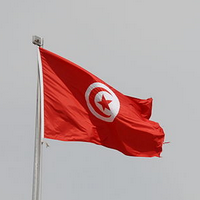From the moment the first cell-phone videos of balaclava-clad young men sprinting away from police gunfire began to travel across cyberspace a few weeks ago, the mounting social unrest in Tunisia has caught many by surprise.
Even longtime observers have had difficulty explaining how one of North Africa's most prosperous and, arguably, most socially stable countries became a powder keg of political, economic and social fury.
"I thought it could happen, but I didn't believe it would happen so suddenly," said Abdelwahab Hechiche, a political scientist at the University of South Florida who engaged in political activism for Tunisian independence while growing up there in the 1950s.

